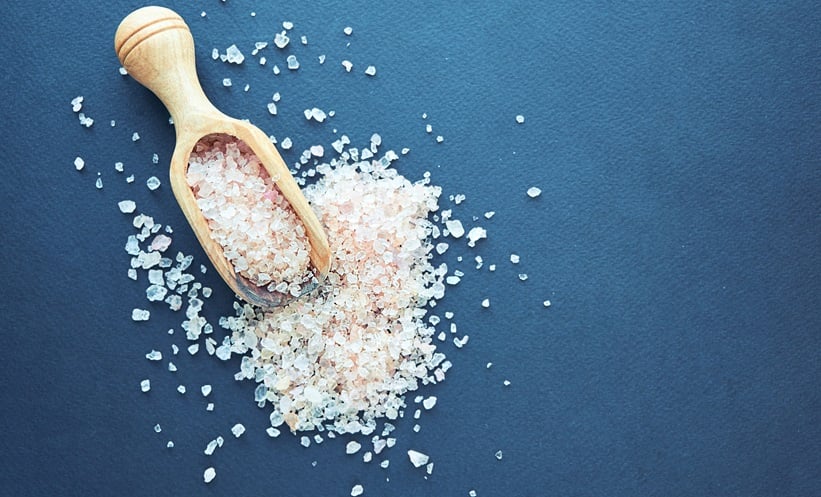A NEW study has shown that the use of a reduced-sodium, added-potassium salt substitute leads to a 14% reduction in recurrent stroke risk and a 12% reduction in mortality among patients with a history of stroke.
Stroke recurrence and mortality remain significant concerns in long-term patient outcomes, particularly in those with a prior history of stroke. Dietary interventions, such as salt substitution, present a potential strategy for risk reduction. The Salt Substitute and Stroke Study (SSaSS), a large-scale, cluster-randomised trial conducted in 600 villages in northern China, investigated whether replacing regular salt with a formulation containing 75% sodium chloride and 25% potassium chloride could lower the risk of recurrent stroke and death. Given the global burden of stroke, identifying effective, scalable, and low-cost interventions is crucial for improving patient outcomes.
In this prespecified subgroup analysis of the SSaSS trial, 15,249 participants with a self-reported history of stroke were followed for a median period of 61.2 months. The mean difference in systolic blood pressure between the salt substitute and regular salt groups was −2.05 mm Hg (95% CI, −3.03 to −1.08 mm Hg). Over the course of the study, 2,735 recurrent stroke events (including 691 fatal cases) and 3,242 total deaths were recorded. The use of the salt substitute resulted in a statistically significant 14% reduction in stroke recurrence (rate ratio [RR], 0.86; 95% CI, 0.77-0.95; P = .005) and a 12% reduction in overall mortality (RR, 0.88; 95% CI, 0.82-0.96; P = .003). Notably, the greatest benefit was observed for hemorrhagic stroke, with a 30% relative reduction (P = .002). Importantly, there was no significant difference in hyperkalemia risk between groups (RR, 1.01; 95% CI, 0.74-1.38; P = .96), supporting the safety profile of salt substitution.
These findings highlight salt substitution as a simple, cost-effective intervention that could meaningfully improve stroke outcomes in clinical practice. With no increased risk of hyperkalemia, this strategy offers a viable option for dietary modification to reduce stroke recurrence and mortality. Future research should explore the broader implementation of salt substitution across diverse populations and healthcare systems, as well as its long-term effects on cardiovascular health. The results reinforce the potential for public health initiatives promoting salt substitution to provide substantial benefits for stroke prevention and survival.
Katrina Thornber, EMJ
Reference
Ding X et al. Salt substitution and recurrent stroke and death: a randomized clinical trial. JAMA Cardiol. 2025;DOI:10.1001/jamacardio.2024.5417.








